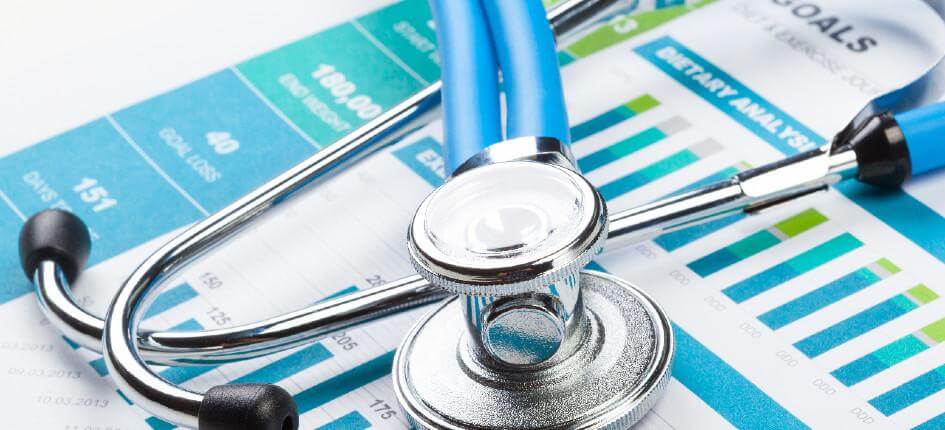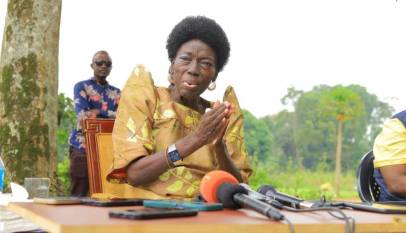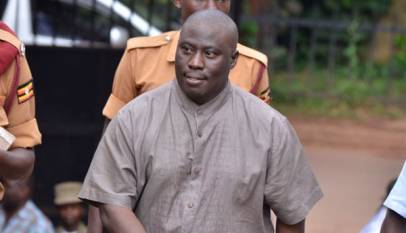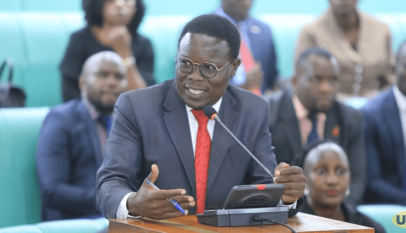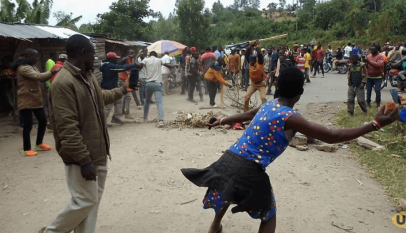Fall in Health Sector Spending Worries WHO
The 2024 Global Heath Expenditure Report by the World Health Organization (WHO) shows that the average per capita government spending on health in all country income groups fell in 2022.
The drop in spending came despite a surge in the early Covid-19 pandemic years.
The report entitled, “Global Spending on Health Emerging from the Pandemic” published on Thursday also shows that 4.5 billion people worldwide lack access to basic health services and 2 billion people face financial hardship due to health costs.
“While access to health services has been improving globally, using those services is driving more and more people into financial hardship or poverty. Universal Health Coverage Day is a reminder that health for all means everyone can access the health services they need, without financial hardship,” said Dr Tedros Adhanom Ghebreyesus, WHO Director-General.
According to this latest data, out-of-pocket spending remained the main source of health financing in 30 low- and lower-middle-income countries. In 20 of these countries, more than half of total health spending in the country was paid for by patients out of their pocket, which contributes to the cycle of poverty and vulnerability.
The challenges posed by the lack of financial protection for health are not limited to lower-income countries. Even in high-income countries, out-of-pocket payments lead to financial hardship and unmet needs, particularly among the poorest households. Most recent health accounts data show that in over a third of high-income countries, more than 20% of total health spending was paid out-of-pocket.
With such a picture, experts at WHO are urging countries to make Universal Health Coverage (UHC) a national priority and eliminate impoverishment due to health-related expenses by 2030. They propose strategies to strengthen financial protection including minimizing or removing user charges for those most in need, including people with low incomes or chronic conditions, adopting legislation to protect people from impoverishing health costs and establishing health financing mechanisms through public funding to cover the full population.
The statement shared along with the report shows public funding needs to budget for an affordable package of essential health services from health promotion to prevention, treatment, rehabilitation and palliative care using a primary health care approach.
Suspect Confesses to Double Murder of Hotel Manager and Guard
Kadaga Calls For Audit On Election Violence in Busoga
Auditor General Flags Billions Lost in Uganda’s Cost-Cutting RAPEX
Kabale Student Found Dead in Apparent Suicide
MPs Slash DPP Budget over Poor Case Management
What now? UEDCL Picks Up the Tools as UMEME Exits
Luweero Mob Justice Escalates as another Robbery Suspect is Lynched
Kabale Student Found Dead in Apparent Suicide
Police in Kabale District in Western Uganda are investigating the circumstances under whic…
Now On Air – 88.2 Sanyu Fm
Get Hooked Right Here
DON'T MISS!!!
Suspect Confesses to Double Murder of Hotel Manager and Guard
Detectives at Nateete Police Division were left stunned by the chilling details of a confession from Allan Ssempala, the prime suspect in the brutal double murder at Dave Hotel and Suites.

